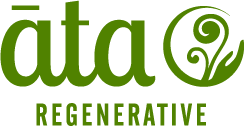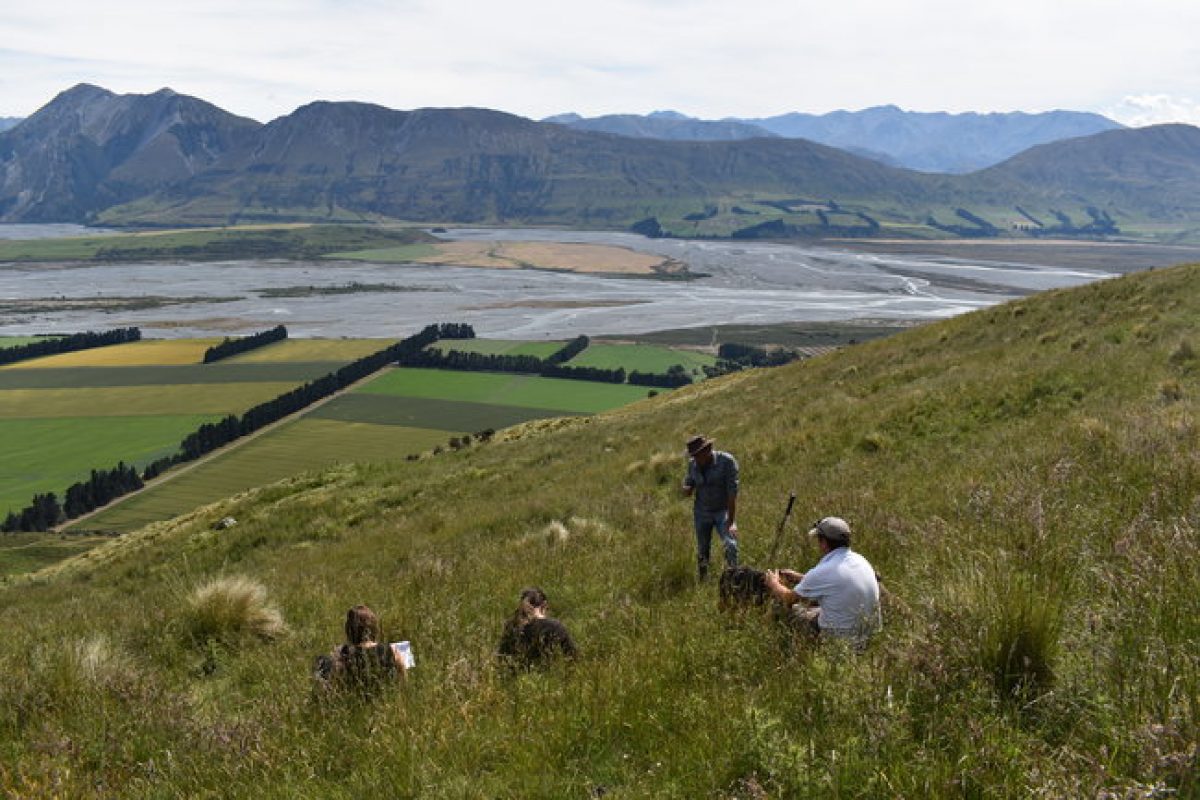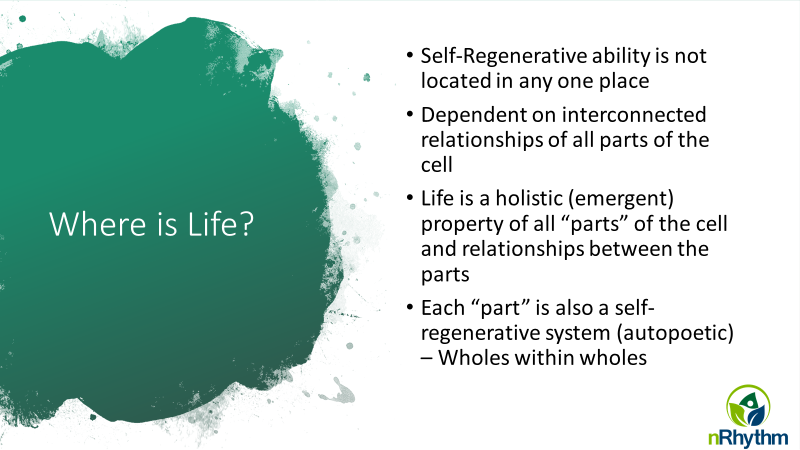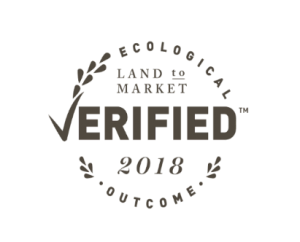I continue to be surprised by how quickly ‘regenerative’ is becoming mainstream especially with respect to ‘regenerative agriculture’. I’m equally surprised and concerned by the number of people or organisations who want to put a ‘label’ on regenerative and strive to define it or even ‘own’ it. This is too valuable to our futures to be owned.
As I have referred to in earlier articles, the dominant paradigm you and I experience in agriculture, business and society is the mechanistic or industrial approach to management where the objective is to extract as much as possible from the system with no regard to the health of the system. If something breaks – replace it, if someone falls over – just replace them! This is hungry on resource and energy and extracts health from all parts of the system.
I’m sure you will relate to examples of this in the environment and in the work place. You will see this reflected in media with comments about deteriorating health of soils, water, climate and people. Not surprisingly these are all linked.
However, in the current paradigm the connectiveness of nature is not retained but pulled apart and the parts of the whole dealt with in isolation. Nature and society can’t work sustainably like this and eventually dies.
I am dedicated to make the new normal the regenerative or living systems model. So again, you ask what exactly is regenerative agriculture?
For me the strength of regenerative is that there is no strict definition. There are no tick box audits to say if you qualify or not. In fact there is no entrance criteria.
Regenerative is simply about healthy outcomes. Regenerative is about doing the things you do in business, society, agriculture and life in a way that helps that system move towards greater health.
It is more about the way you think and behave than a prescriptive process.
Principles of regenerative agriculture
There are some common principles you can identify with which are a key part of a regenerative living system;
1. Holism. Interrelated and dependent.
2. Mutualism. Inherent value and dependence in the other.
3. Uniqueness. Original and the possibility of individual genus.
4. Evolutionary. Maintains a dynamic balance with ever-changing environmental conditions.
5. Nodal. Decentralized and distributed.
6. Developmental. Growth and health of the members.
But mostly it is about outcomes. Is the system more healthy as a consequence of our actions?
How do we know? How can you as a consumer know the produce you are buying is coming from a regenerative farm if there is no definition?
Ecological Outcome Verification (EOV)
The answer lies in EOV.
EOV is a programme developed by the Savory Institute in support of their Land to Market programme.
It is an index created from a series of outcomes which shows the farmer they are moving towards a healthier ecology. There are no entry criteria, no targets to achieve, just a requirement to start and show constant improvement year on year.
The farms are monitored annually and provided there is constant improvement that farm is able to apply the EOV label to their produce.
You and the farmer benefit. You know you are getting a healthy nutritious product and the farmer is getting access to a better market. The global market is rapidly moving into this space.
We call it ‘giving the soil a voice’.
Community Health Index
The same can apply for our communities and societies. nRhythm has designed a process and index along the same lines as EOV to ‘measure’ change in output from a workforce or community and determine if it is moving towards a more healthy work or community environment.
The ability for us now to be able to measure ecological health as an outcome and link this to a market is a major step forward in helping the uptake of regenerative practices.
Ata Regenerative is the only provider of EOV in NZ, so it is exciting to be involved in the project between Atkins Ranch and Savory Institute. You may have seen the announcement where Atkins Ranch have become a Frontier Founder of the Land to Market programme and have started to bring their entire supply base into the EOV programme. This is bold and far sighted and I totally commend them for this big step both for them and for New Zealand agriculture.
Ata Regenerative are at the forefront of regenerative agriculture practice in New Zealand. With 17 years working in the regenerative space and as the only EOV provider in the country, Ata Regenerative can assist with your transition to farm practice that focuses on the regeneration of soils, increased productivity and biological diversity, as well as economic and social well-being. To find out more, contact us here.




